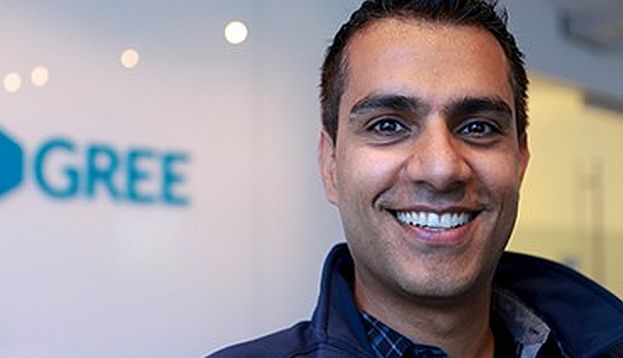Over the past few years, free-to-play gaming has seen tremendous growth, behind such games as PopCap Games’ Plants vs. Zombies 2 and King’s various efforts, including the highly popular Candy Crush Saga. Anil Dharni, COO of GREE (which specializes in a number of free-to-play releases), believes that the practice comes with several advantages when it comes to making it optional in games these days.
“We look at it as the future. So that’s the macro view. It’s funny that a lot of these console developers are (questioning it), even though they themselves are trying to . . . introduce micro-transactions in their games. So what is that If you’re letting somebody buy it for $50 or $60 and then you’re again charging them more, do you really want to have that argument with us ” said Dharni, speaking to GamesIndustry International.
“I think the problem is by putting up a $50 gate, a $60 gate, a $100 gate, you are really limiting the accessibility of a game. And that’s a big deal. I want people around the world to be playing games, not just people who have the purchasing [power] to buy those games. The same $50 game is $100 in India or it’s $150 in Thailand and how many people in India are playing these games How many people in those markets are playing these games So once you make it free-to-play everyone can play.”
Scale plays a huge part in the market, mainly because of the involved micro-transactions. “The second thing that we realized when we did Storm8, when we were doing Funzio, that accessibility provides a large audience for even the paying players. So when you are a paying player and you’re looking, ‘OK I need to battle somebody, I need to fight somebody,’…you’re not looking to fight with the same person over and over again. It’s really good to have millions and millions of users that you can present to people, so it actually adds that scale that you need for these online [experiences] . . . these are tiny MMORPGs in some ways,” he continued. “Just thinking about it, if it’s getting into the hands of a lot more people, it just means it’s growing our business, it just means it’s growing the share in the pie of gaming overall. Why would we not want to invest in that ”
Sources: GamesIndustry International

